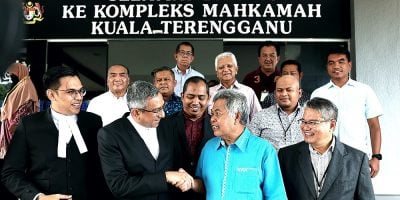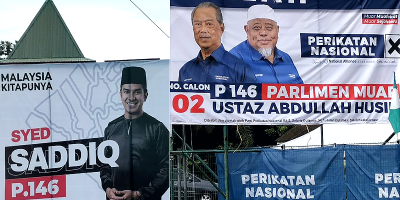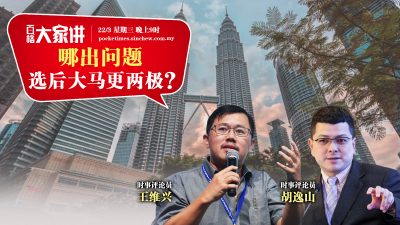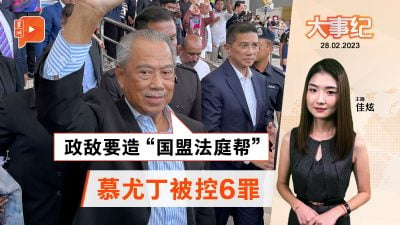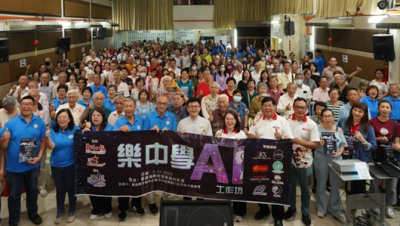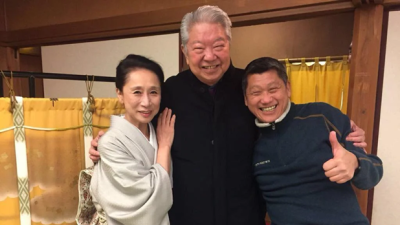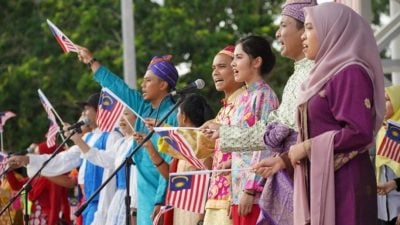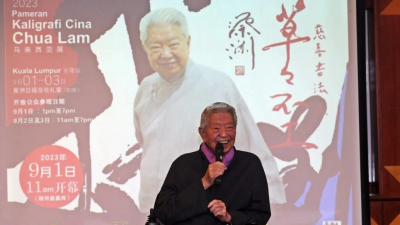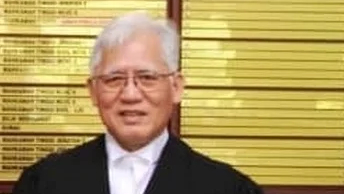Whether the parliamentary and state elections are going to be held concurrently or separately, it is supremely important that the people’s mandate is fully respected and our democracy reinforced.
A phenomenon not previously seen in this country is happening in the upcoming 15th general election.
Quite a number of states have decided not to dissolve their state assemblies and hold their state elections concurrently with the parliamentary elections, giving rise to separate parliamentary and state elections for three quarters of all states.
But in the midst of controversies over the issue of separate parliamentary and state elections, there is something else that warrants our concern: many states in the country have yet to enact the anti-hopping law, and political chaos will ensue in the event elected reps jump ship again after winning the election but before the bill’s adoption.
The most ideal situation is to hold the elections only after the bill has been adopted, both at the national and state levels, to ensure that the people’s mandate is upheld.
Sadly, because of the ongoing vicious power struggle in the country, the ruling party is determined to hasten the elections.
As a matter of fact, all political parties have expressed their willingness to support the anti-hopping bill which has since been passed overwhelmingly at Dewan Rakyat.
In view of this, it is imperative that political party leaders and elected reps actively push for the adoption of the bill at state level.
For instance, now that the opposition reps in Perak have expressed their willingness to support the anti-hopping bill, the ruling party should convene an emergency state assembly sitting to pass the bill before the state election.
On October 10, caretaker prime minister Ismail Sabri Yaakob announced the dissolution of parliament to pave way for the 15th general election. The election commission subsequently picked a date to meet and announce the nomination and polling dates.
Ismail has urged all states in the country, with the exception of Johor, Melaka, Sabah and Sarawak, to also dissolve their state assemblies in order to hold the state elections simultaneously.
However, so far only the state assemblies of Perlis and Pahang have been dissolved, while the BN-led Perak state government has yet to dissolve the assembly.
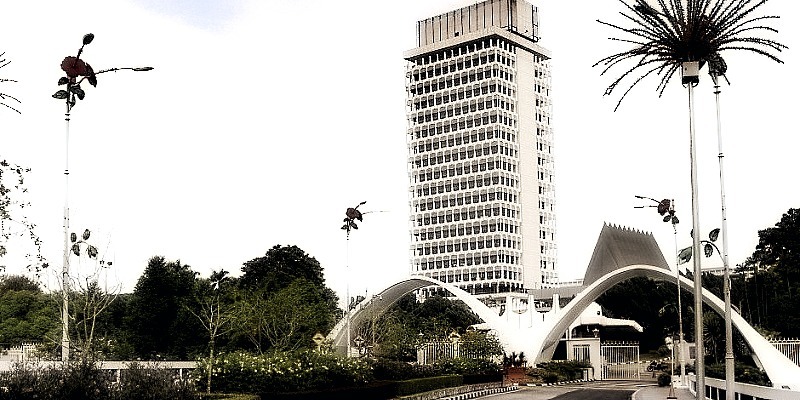
The three states under PAS – Kelantan, Terengganu and Kedah – have decided not to dissolve their state assemblies. Although Penang had intended to dissolve the assembly simultaneously, the state later decided to conform to the PH presidential council’s resolution not to dissolve the state assembly until next year.
It is not difficult to understand why PH has made the decision. As DAP’s secretary-general Anthony Loke has said, unity and integrity are paramount as the pact moves towards GE15.
As such, a painful decision – one that could frustrate Penang’s DAP leaders – has to be made so as not to give the enemies “ammunition” to attack the opposition.
With PH resolved not to dissolve the three state assemblies, we may very likely see only two states holding both parliamentary and state elections concurrently this year (Perak’s destiny is still unknown), an unprecedented political scenario in this country.
We must realize that this eventuality has not been brought into being overnight, but has been slowly taking shape over the past two years.
For so many years Sarawak’s state elections have been held separately from the national elections, but this hardly raises an eyebrow for only a single state has been involved.
In 2020, in response to the struggle for state power, then Sabah chief minister Shafie Apdal dissolved the state assembly to pave way for fresh election, barely two years after the 2018 general election. This move has invariably spearheaded the trend of separate parliamentary and state elections.
November last year, also in another power struggle, Melaka’s state assembly was dissolved. BN’s unexpected landslide win significantly boosted the coalition’s confidence, prompting them to engineer the Johor state assembly’s dissolution early this year which culminated in another impressive victory for BN in March.
No thanks to such selfish political maneuvers, a separate parliamentary and state election prototype was born. With six states now not holding state elections simultaneously with the general election, such a phenomenon has been further entrenched.
It appears that separate elections will likely become the new normal in Malaysia’s electoral democracy, and voters need to be mentally prepared to cast their votes twice in future.
What we want to stress here is that: whether the parliamentary and state elections are going to be held concurrently or separately, it is supremely important that the people’s mandate is fully respected and our democracy reinforced.
ADVERTISEMENT
ADVERTISEMENT







